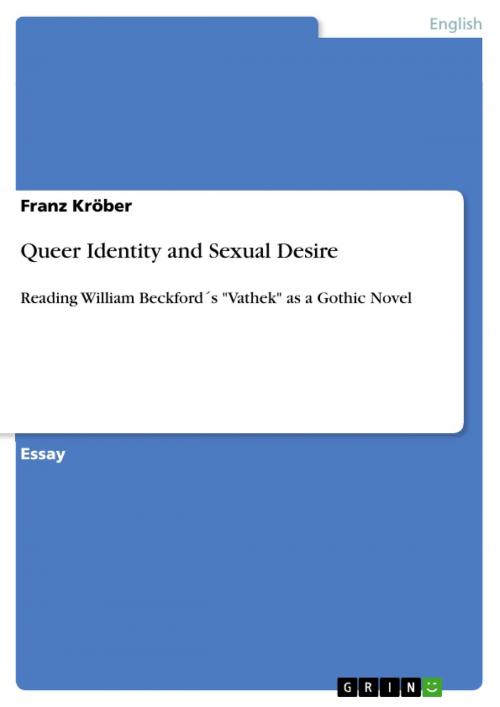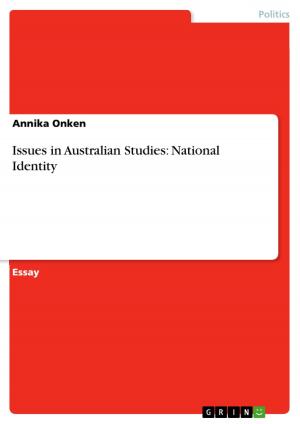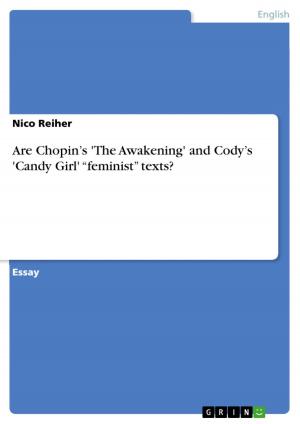Queer Identity and Sexual Desire
Reading William Beckford´s 'Vathek' as a Gothic Novel
Fiction & Literature, Literary Theory & Criticism, British| Author: | Franz Kröber | ISBN: | 9783656168850 |
| Publisher: | GRIN Publishing | Publication: | April 12, 2012 |
| Imprint: | GRIN Publishing | Language: | English |
| Author: | Franz Kröber |
| ISBN: | 9783656168850 |
| Publisher: | GRIN Publishing |
| Publication: | April 12, 2012 |
| Imprint: | GRIN Publishing |
| Language: | English |
Essay from the year 2012 in the subject English Language and Literature Studies - Literature, grade: 1,0, University of Kent (School of English), course: Eighteenth-Century Literature, 1750-1830, language: English, abstract: To a certain extent, horror and fear in 'Vathek' by William Beckford are caused by the anxiety of the unknown. Reading Vathek as a queer Gothic novel helps to uncover both the desire for and the fear and condemnation of a non-heterosexual identity or desire. This essay will give evidence for the thesis that the typical Gothic motifs of queer sexual and gender identity as well as the anxiety and desire aroused by it are mirrored in Beckford´s novel. For this reason, a brief definition of queer Gothic and sexuality in Gothic fiction will precede an analysis of Gulchenrouz and the fifty boys, Vathek, and the Giaour regarding their sexual and gender identity.
Essay from the year 2012 in the subject English Language and Literature Studies - Literature, grade: 1,0, University of Kent (School of English), course: Eighteenth-Century Literature, 1750-1830, language: English, abstract: To a certain extent, horror and fear in 'Vathek' by William Beckford are caused by the anxiety of the unknown. Reading Vathek as a queer Gothic novel helps to uncover both the desire for and the fear and condemnation of a non-heterosexual identity or desire. This essay will give evidence for the thesis that the typical Gothic motifs of queer sexual and gender identity as well as the anxiety and desire aroused by it are mirrored in Beckford´s novel. For this reason, a brief definition of queer Gothic and sexuality in Gothic fiction will precede an analysis of Gulchenrouz and the fifty boys, Vathek, and the Giaour regarding their sexual and gender identity.















